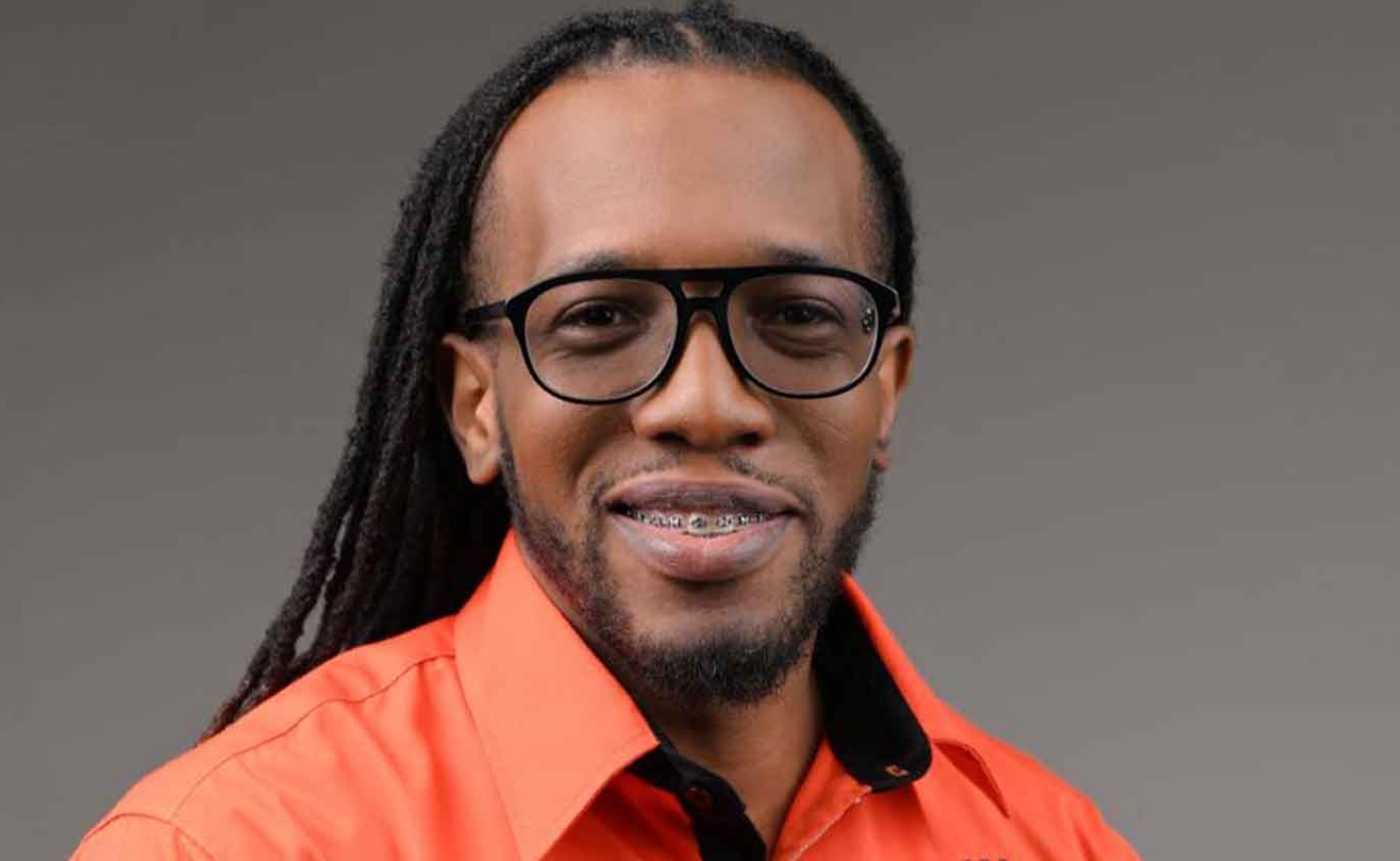JAMAICA | Constitutional Court Halts Jamaica's Colonial-Era Public Service Disciplinary Order on Dr. Aujae Dixon

A paediatrician's fight to serve his country exposes an archaic rule that punishes Jamaicans for exercising their fundamental rights
On November 25, 2025, the Constitutional Court delivered a verdict that should never have been necessary. Justice Tricia Hutchinson-Shelly granted an injunction to Dr. Aujae Dixon, halting the disciplinary proceedings and revoking the interdiction that had barred him from practising medicine since September 17. His alleged offence? Running for Parliament.
Dixon, a 31-year-old paediatrician at May Pen Hospital, had contested the Clarendon North Central seat for the People's National Party in the September 3 general election. He lost to the Jamaica Labour Party's Robert Nesta Morgan. But before the ink had dried on the election results, the Southern Regional Health Authority had issued its punishment: interdiction, potential salary reduction of up to 100 percent, and a prohibition on leaving the island without official permission.
The charge levelled against Dixon invokes Staff Order 4.2.6(1), a provision stating that public officers "are expressly forbidden to engage in any type of partisan political activity in any elections at any level." For daring to offer himself for democratic service, a doctor with eight years of unblemished service and a specialisation in children's medicine was effectively cast out of the public health system.
The absurdity of this provision cannot be overstated. What constitutes "any type of partisan political activity"? Attending a rally? Wearing party colours? Expressing a political opinion? The Staff Orders, which took effect in 2004, offer no clarity — only a sweeping prohibition that treats democratic participation as misconduct. As commentator Kristen Gyles observed, if public servants cannot engage in any partisan activity, how exactly are they expected to exercise their constitutional right to "freedom of thought, conscience, belief and observance of political doctrines"?
Legal experts have been unsparing in their assessment. Former Acting Public Defender Matondo Mukulu described the Staff Orders as "ultra vires" — beyond legal authority — arguing they cannot survive constitutional scrutiny. Attorney-at-law John Clarke was blunter still: "The rule is unconstitutional."
The inconsistency deepens the injustice. Teachers, who fall under the broader public service umbrella, face no equivalent restriction under the Education Regulations. Several have contested elections without sanction. Why, then, are healthcare workers singled out for punishment?
A Pattern of Persecution
Dixon's case is not an aberration — it is a pattern. Dr. Desmond Brennan, the PNP's candidate for the same Clarendon North Central constituency in 2020, was similarly interdicted by the SRHA. Brennan had run in 2016 without facing disciplinary action, though his post was quietly relocated from Chapelton Hospital to Lionel Town Hospital shortly afterward. By 2020, the authorities moved more aggressively. Brennan ultimately left the public service, accepting a reduced pension rather than continue fighting.
The chilling effect is unmistakable. Talented professionals who might otherwise seek to serve their communities in elected office must now calculate whether their careers can survive the attempt. And the political optics are difficult to ignore: both doctors who faced interdiction were PNP candidates challenging JLP incumbents.
The Caribbean Has Already Moved On
Jamaica's stubborn adherence to this colonial relic is increasingly anomalous in the region. In 2023, a Barbados High Court struck down a nearly identical regulation barring public servants from political activity. The judge ruled the provision "overly broad, disproportionate and cannot be reasonably justified in a free and democratic society." Disciplinary proceedings against public officer Nicolette Murray were permanently stayed.
Four years earlier, the Eastern Caribbean Supreme Court delivered a similar verdict in St. Kitts and Nevis. Accountant Leon Natta-Nelson successfully challenged rules requiring public servants to resign before seeking elected office. The court affirmed their constitutional right to political participation while retaining government employment.
Jamaica now trails its Caribbean neighbours in protecting the democratic rights of its own citizens.
The Constitutional Stakes
Dixon's legal team — attorneys Kwame Gordon and Maurice McCurdy — has mounted a direct challenge to Staff Order 4.2.6(1), arguing it violates multiple provisions of the Charter of Fundamental Rights and Freedoms. At stake are the rights to freedom of thought and conscience, freedom of association, freedom of movement, and the right to fair treatment under the law.
The substantive hearing is set for January 22, 2026. Its outcome could reshape public sector employment law in Jamaica and finally consign this archaic prohibition to the dustbin where it belongs.
Throughout his interdiction, Dixon continued serving his community — raising US$40,000 in medical supplies and running pop-up clinics for Hurricane Melissa survivors in hard-hit parishes. The health system that cast him out lost a dedicated physician; vulnerable Jamaicans gained a committed advocate.
Mukulu's warning deserves the final word: "The longer we wait to take the blade of reform to these rules from a bygone era, the more lives and careers we would have ruined."
Dr. Dixon can now return to the paediatric ward at May Pen Hospital. But until Jamaica confronts the fundamental question his case has exposed — whether citizens forfeit their democratic rights upon entering public service — the prognosis for Jamaican democracy remains uncertain.
-30-
